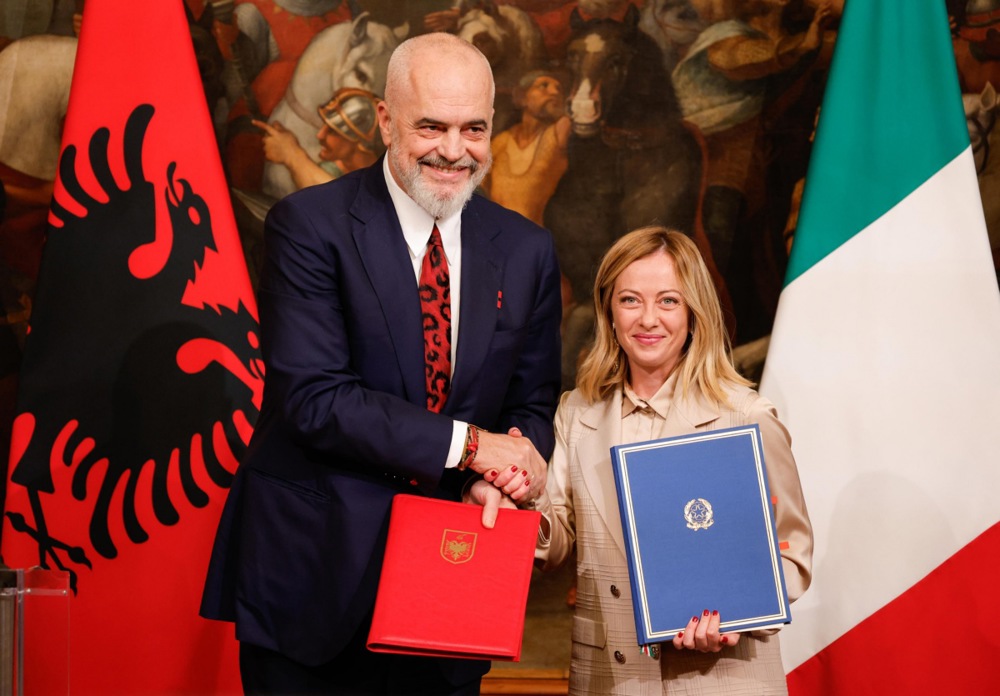Coalition negotiators from Austria’s hard-right Freedom Party (FPÖ) and centre-right People’s Party (ÖVP) have proposed restricting healthcare benefits for migrants, limiting asylum seekers to emergency care only.
According to Austrian media on January 29, they said that for those granted refugee status, full healthcare access would depend on meeting integration requirements, creating what negotiators call an “incentive system” for integration.
Under the new model, negotiating parties planned to deduct part of the basic financial care for these medical services, it was reported.
That would constitute a reduction from the current system, which provides full access to Austria’s e-card benefits system, which provides comprehensive healthcare coverage.
For those who gained refugee status, access to comprehensive healthcare would be contingent on meeting integration criteria, creating what negotiators describe as an “incentive system” for integration, it was repoorted.
The proposals appeared to follow a similar model to Germany’s approach, where asylum seekers received limited medical services during their first 18 months in the country.
Only pregnant women and those suffering from acute illnesses and pain enjoy full access to publicly funded healthcare in Germany,, according to the negotiators’ plan.
After 18 months, if they were still in Germany, asylum seekers received access to regular public health insurance (GKV), similar to German citizens. Still, even during the restricted period, local authorities can approve additional treatments on a case-by-case basis.
The Austrian negotiators have reportedly commissioned legal opinions to ensure compliance with European law before proceeding with implementation.
With these proposals, the negotiators were believed to want to reduce pressure on Austria’s healthcare system while simultaneously making the country less attractive as a destination for asylum seekers.
Currently, all asylum seekers in Austria receive full access to the e-card system.
A negotiator involved in the discussions, speaking about the financial contribution aspect, told media: “In this way, the asylum seekers also pay into the health system.”
Austrian news sources indicated that both parties were aligned on the healthcare restrictions and were working to fine-tune the proposals.
Austria’s right-wing Freedom Party (FPÖ) has scored a victory in the regional elections in Styria, one of the country’s biggest federal states. https://t.co/51Wlyi2UBv
— Brussels Signal (@brusselssignal) November 25, 2024





